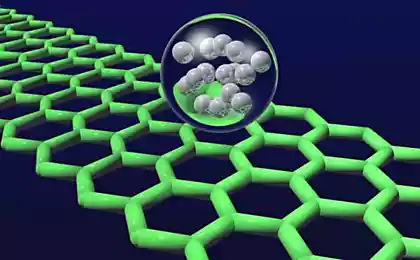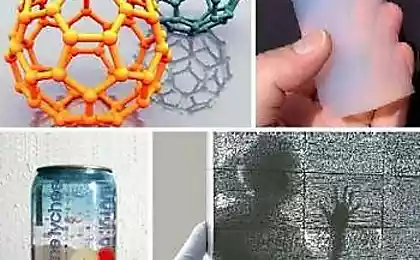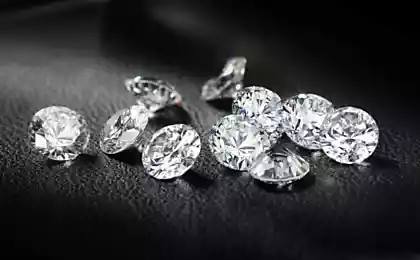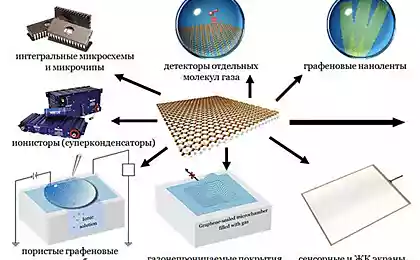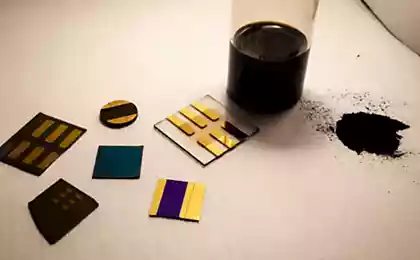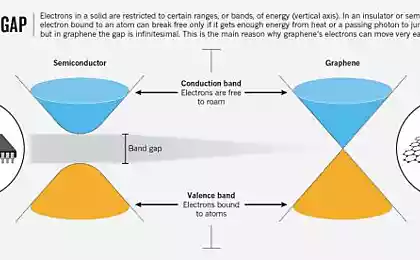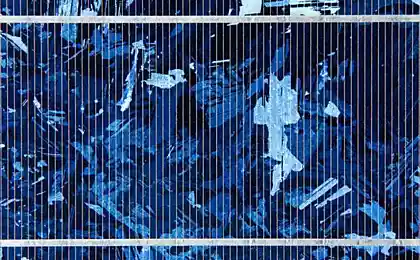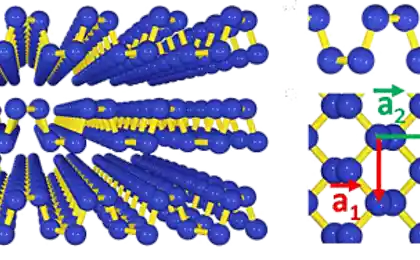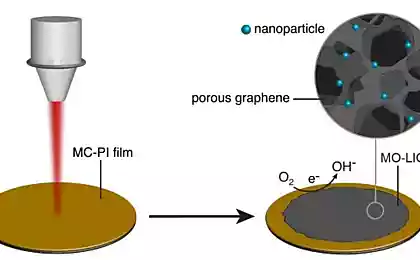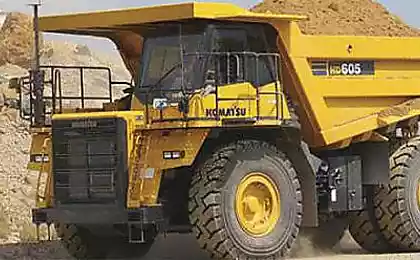454
At MIT have developed a graphene is 10 times stronger than steel
MIT researchers have created a graphene such a structure, which allows it to be 5% denser and 10 times stronger than steel. Scientists suggest that these developments can be applied in the construction of bridges or in systems for water purification.
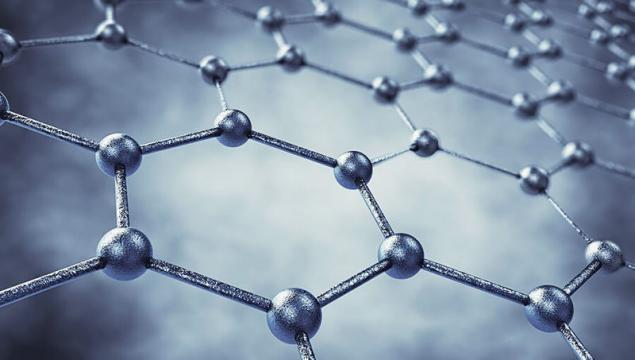
Of the extraordinary properties of graphene a lot of talk lately. At the Massachusetts Institute of technology has developed a graphene, which is 5% denser and 10 times stronger than steel.
The researchers printed a 3D model of diatomic cubes to illustrate the spongy structure of the material. The models are then compressed under the action of the press due to its porous structure material is of great durability.
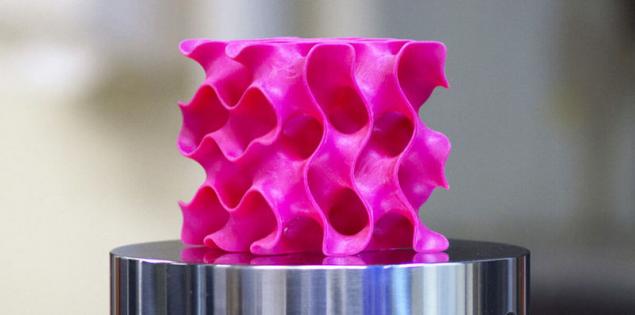
It's interesting that the different models have the cube react to the influence of the press in different ways. That was with thin walls, was more durable and kept its shape until almost the end. But the cube with thick walls collapsed at once, exploded. Scientists explain this by the fact that thinner walls allow the structure to deform gradually, while dense material when exposed to forces releases energy and explodes.
At MIT believe that such graphene structures can be used in the construction of bridges or in systems for water purification. Currently, scientists around the world are considering numerous ways of using this material: from fresh water to create a heavy-duty paper and flexible displays. published
P. S. And remember, only by changing their consumption — together we change the world! ©
Source: hightech.fm/2017/01/10/graphene

Of the extraordinary properties of graphene a lot of talk lately. At the Massachusetts Institute of technology has developed a graphene, which is 5% denser and 10 times stronger than steel.
The researchers printed a 3D model of diatomic cubes to illustrate the spongy structure of the material. The models are then compressed under the action of the press due to its porous structure material is of great durability.

It's interesting that the different models have the cube react to the influence of the press in different ways. That was with thin walls, was more durable and kept its shape until almost the end. But the cube with thick walls collapsed at once, exploded. Scientists explain this by the fact that thinner walls allow the structure to deform gradually, while dense material when exposed to forces releases energy and explodes.
At MIT believe that such graphene structures can be used in the construction of bridges or in systems for water purification. Currently, scientists around the world are considering numerous ways of using this material: from fresh water to create a heavy-duty paper and flexible displays. published
P. S. And remember, only by changing their consumption — together we change the world! ©
Source: hightech.fm/2017/01/10/graphene


